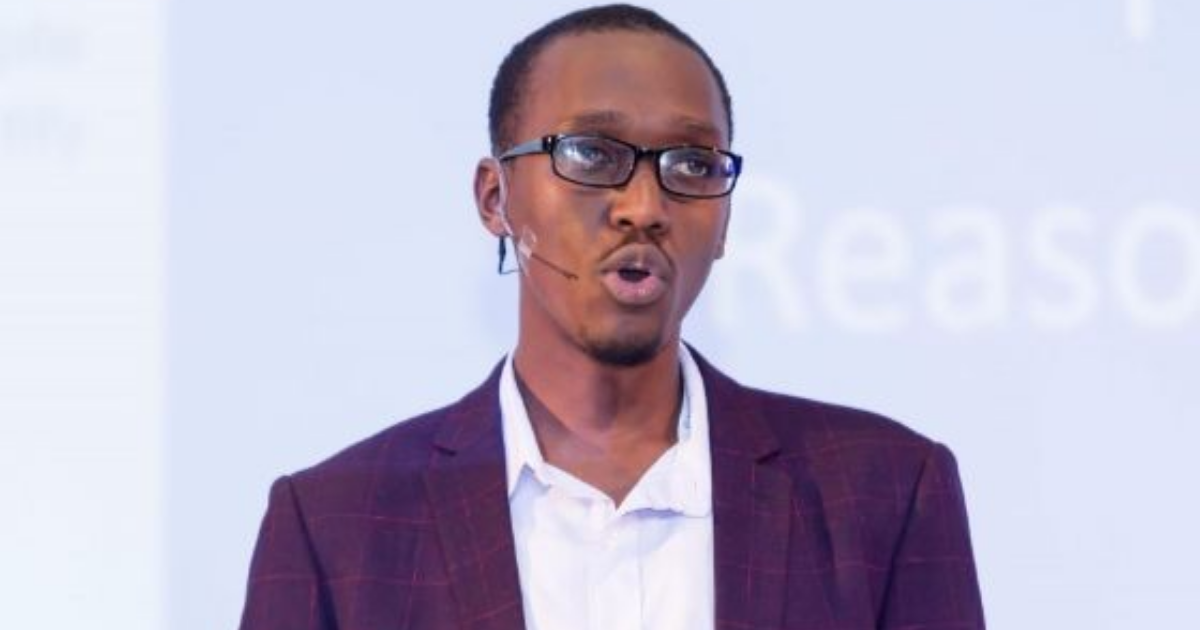Zimbabwean FlexID Secures Funding to Provide Decentralized Digital ID for unbanked Africans

FlexId Technologies (formerly FlexFinTx), a Zimbabwean digital identity startup has signed a Simple Agreement For Equity (SAFE) of an undisclosed amount with the Algorand Foundation, to further develop and scale its Self Sovereign Identity (SSI) platform for the unbanked Africans.
The blockchain-enabled identity startup plans to make its decentralized digital identity network available in emerging markets where over one billion people are said to lack formal identification and are mostly cut off from formal financial services.
The funding is FlexId’s first and it comes under the Impact category, which identifies the startup as a necessary catalyst for global financial inclusion.
This funding support follows Flex ID’s Algorand Foundation Development Award which the team was awarded in 2020.
Victor Mapunga, a Zimbabwean serial technology entrepreneur, founded FlexID in 2018 out of his frustration with a banking system that excludes those without identity documents. Mapunga, just like the over 400 million Africans that have no identity documents (IDs), failed to open a bank account due to laborious paperwork and the identity requirements.
According to the World Bank report of 2021, more than 60% of adults in sub-Saharan Africa are unbanked.
Stressing the importance of identity in today’s commerce, Mapunga said, “Identity is foundational to modern-day commerce. Without an ID, one cannot participate in the economy even at the most basic levels such as access to basic telco services, mobile money, and banking.”
“Without an ID, education and healthcare become extremely difficult to access. On the other hand, the shambolic national records further increase the cost of doing business. With FlexID, even the informal sector can transition from an isolated view to a formalized economy. Farmers can easily access credit and inputs,” the CEO added.
FlexID said that it is building a decentralized marketplace of people where the human is the API you communicate with, and that form of communication can be commerce, education, or health-related services.
FlexID also plans to build a stack of credentials one after the other enabling social mobility to occur and this will all happen on the Algorand Blockchain. The startup’s platform opens up access to the African market that was hitherto not there.
Commenting on the deal, Matt Keller, Director of Impact and Inclusion at Algorand Foundation said, “We are committed to funding those individuals and entrepreneurs dedicated to using our blockchain as a tool for financial inclusion, and profound social and environmental impact. FlexID is a perfect example of passionate problem solvers who are using this technology to give the most marginalized people in the world access to a whole host of financial services. This kind of inclusion will help generate revenue and stability for many in the years to come.”
FlexID was the first Zimbabwean start-up to be selected as a World Economic Forum Technology Pioneer. It will leverage the Algorand Blockchain which is arguably the world’s most developed blockchain ecosystem for its decentralized key management system and will later perform financial transactions. Just recently, Algorand was named the official blockchain partner for FIFA, the world’s football governing body for the men’s and women’s world cup hosted in Qatar and Australia respectively.
According to FlexID CTO, an MIT-trained software engineer, Kudzai Zharare, the startup “will perform credential issuance and verification on-chain, allowing a completely decentralized Layer 2 which puts the user in control. The Algorand blockchain allows FlexID to achieve this feat because the chain is the only one that has truly solved the blockchain trilemma challenge and has experienced zero downtime since its main net launch in 2019.”
